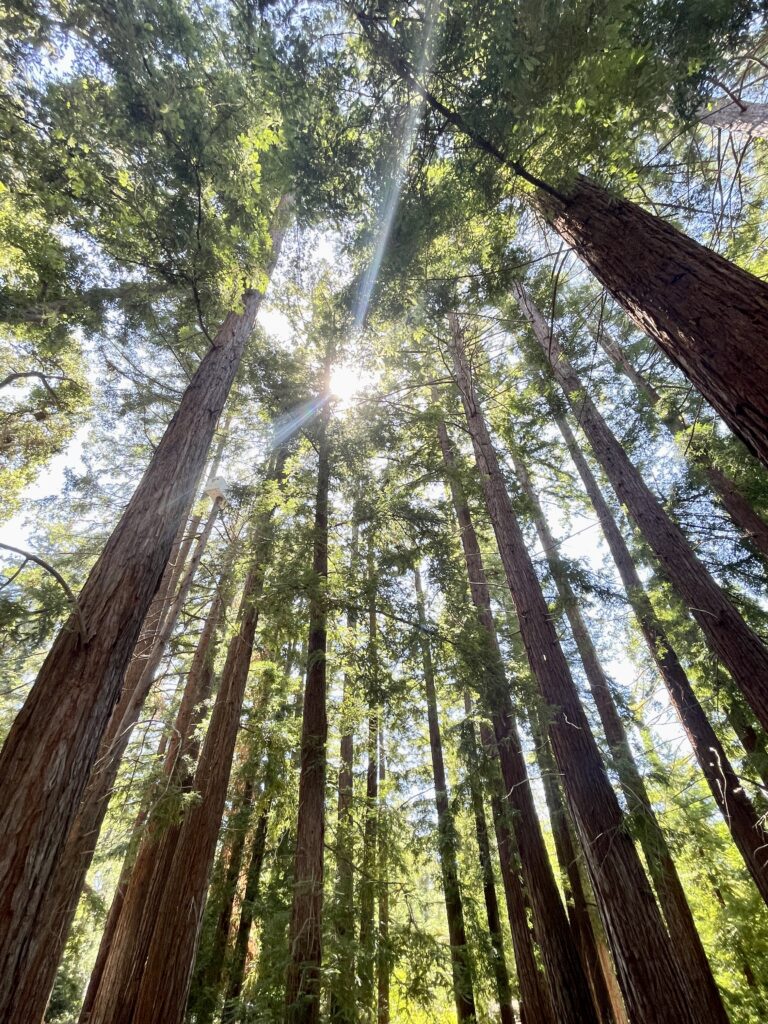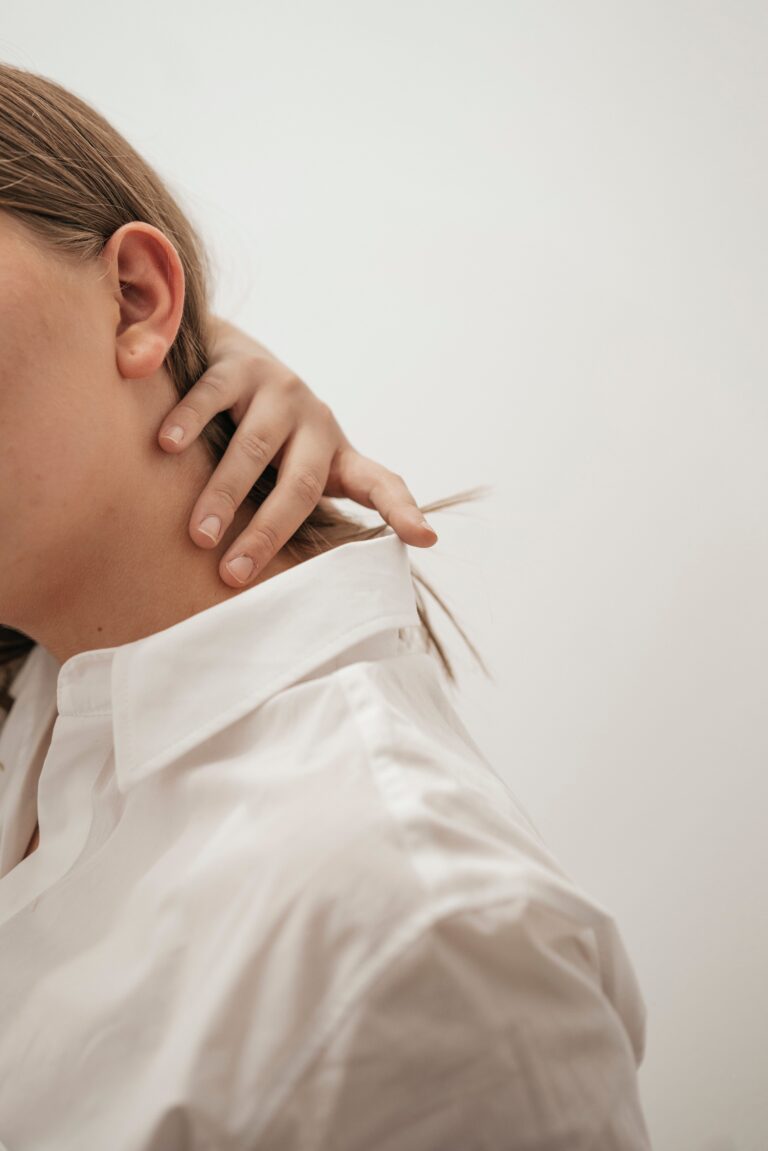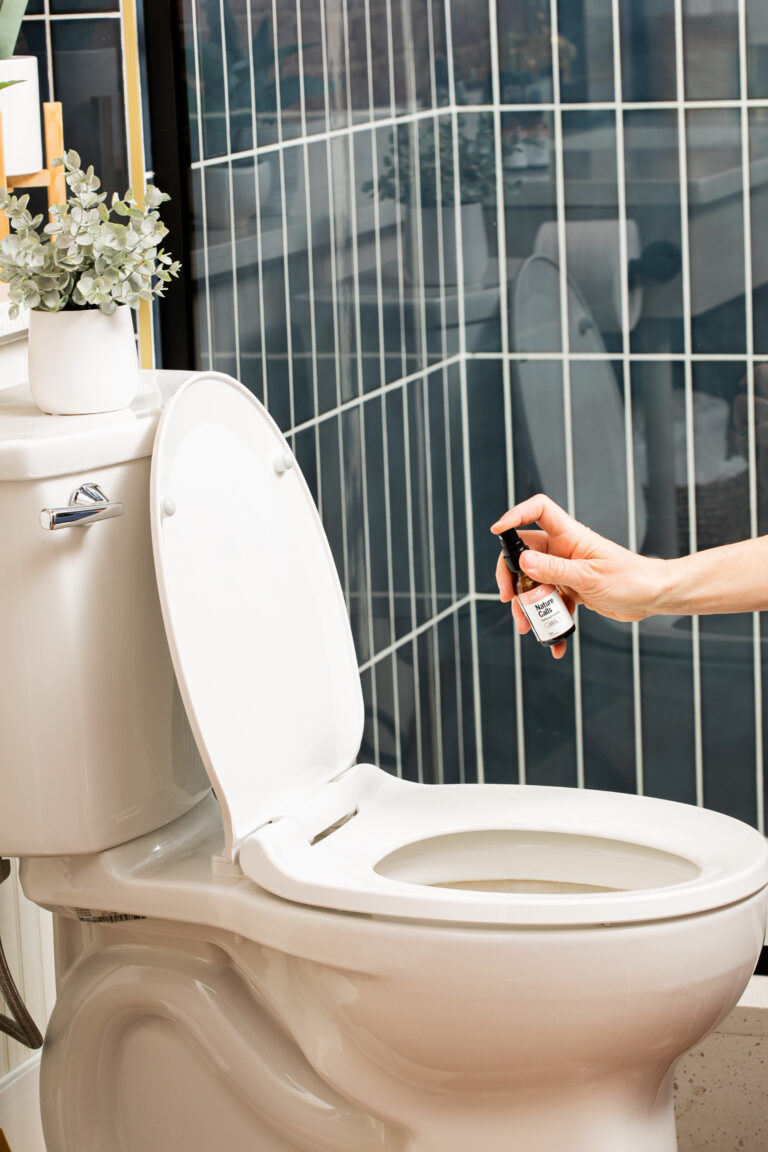
Stay Grounded During the Winter Months
As we head into the winter months it’s very important to stay grounded so we
share:
Yes, chemical cleaners can make some tasks much easier, but do you really need a synthetic cleaner to keep your home clean? What about natural cleaning products for the home? Seriously, how did we keep our houses clean before we started making so many chemicals? Were things just dirty all the time? Surely not! We don’t think so, and we’ve started branching out into home cleaning products to prove it. Check out our Namaste At Home and So Fresh sprays if you’ve been looking for a home cleaner that doesn’t involve synthetics.
We’re excited to show women how they can detoxify their homes and still have them presentable for company. Besides our new sprays, we’re going to share some great tips you can use to ditch the chemicals for good!
Vinegar has long been used for cleaning and is a natural product of leaving anything with alcohol out for too long. Really! Just like how yeast eat sugar and leave alcohol behind, Acetobacter bacteria eat alcohol and leave behind vinegar.
If you’ve ever picked up a bottle of organic vinegar “with the mother”, those floating bits in there are Acetobacter colonies. For cleaning, you don’t need those things. Any bottle of filtered vinegar will work for home cleaning. Start with a 1:1 dilution with water and pop it in a spray bottle.
Vinegar is great for things like scrubbing away soap scum, cleaning laundry, or even unclogging slow-running drains (when used with baking soda). It’s pretty potent stuff, so you shouldn’t use it on any sensitive surfaces. This article on vinegar from The Spruce goes into detail about how to use vinegar safely in your home for cleaning.
One special advantage of using vinegar is that it’s an excellent glass cleaner. Dilute it as described above, then use a lint-free cloth or even a piece of newspaper to clean off those spots and streaks.
Hold up, we hear some of you saying! Isn’t baking soda a chemical? Yes, much of today’s baking soda is made that way, but it is also a mineral and some places do mine it! The ore has to be processed to get the fluffy white powder we know so well for baking.
It’s not just used to make cookies rise though. It’s also one of the safest natural abrasives out there. Home cleaning books laud the praises of making baking soda pastes and rubbing them over dirty surfaces, then scrubbing with a rag until the job is done.
In fact, you can get pretty far with just baking soda, vinegar, and water in your cleaning arsenal, but these aren’t the only things you should have in your all-natural cleaning basket.
Vinegar and baking soda will clean, but they’re not the best at sanitizing a surface or cutting through sticky messes that won’t dissolve. The solvent to use in dirtier messes is ethanol, good old-fashioned alcohol. We all have a bottle of rubbing alcohol for cuts and sores, right?
But have you ever smelled straight alcohol before? Yuck! Plus, depending on your state, you might not be able to buy it legally. Instead, you can use our Namaste At Home spray. Besides the cleaning and sanitizing power of our essential oil blend, it also uses ethanol to make sure any germs don’t stick around to make you and your family sick.
Here’s a special secret. Have you ever tried to remove a sticky label? You need more than just an abrasive. You need to make the sticky bits let go. Coconut oils will help them release. Mix equal parts baking soda and coconut oil together and apply to the sticky stuff. Then scrub with a warm rag. You may need some elbow grease!
Soap is a complicated topic for all-natural cleaning. There’s no question that it works, and humans have used it for thousands of years, but you don’t find it in nature! Modern soaps have all sorts of synthetic fragrances and additives that we don’t want.
If you are going to use soap, we only have one recommendation. Castille soap is the most basic and natural soap you can find on the market. It is made with only three ingredients:
The careful maker blends just the right amounts of these ingredients to make sure there’s no leftover oil or lye to spoil the batch. Some go the extra mile and use organic olive oil for their soaps, and we recommend finding makers that do that.
If you have time, space, a good scale and a pot you don’t mind ruining, you could even make this at home. Lye is getting hard to find though, so it’s easier to find a supplier of Castille soap than make your own. Dr. Bronner’s is a good brand. Many of their soaps are also mixed with essential oils for scent and cleaning properties and you can find their products on many store shelves. The labels are a little strange though!
Why the name Castille? This kind of soap is named after Castille, Spain, where olives were abundant. Historical makers from the area used the olives as their oil source rather than animal fats.
One modern product that our more natural ancestors did not have is spray freshener. That may be for the best. All they do is mask smells and use a lot of non-organic stuff to do it. That’s why we made the So Fresh spray.
A few spritzes will put powerful essential oils into the air ready to tackle the stinkier areas of your home. A little really goes a long way! If you’re addicted to using spray freshener in your bathroom, give this a try instead.
We’ve been on a home cleaning kick here at Plant Juice Oils, trying to come up with new products for naturally cleaning the home. If you’ve been burning for a replacement product for your home cleaning, let us know what you’re looking for. You might inspire our next product!

As we head into the winter months it’s very important to stay grounded so we

Discover relief from muscle pain with essential oils. The Mind Prep We all want to

Navigating the storm of stress can be a powerful tool in your wellness toolbox. Stress

All Natural Bathroom Spray Our all natural bathroom spray. Infused with essential oils, this unique